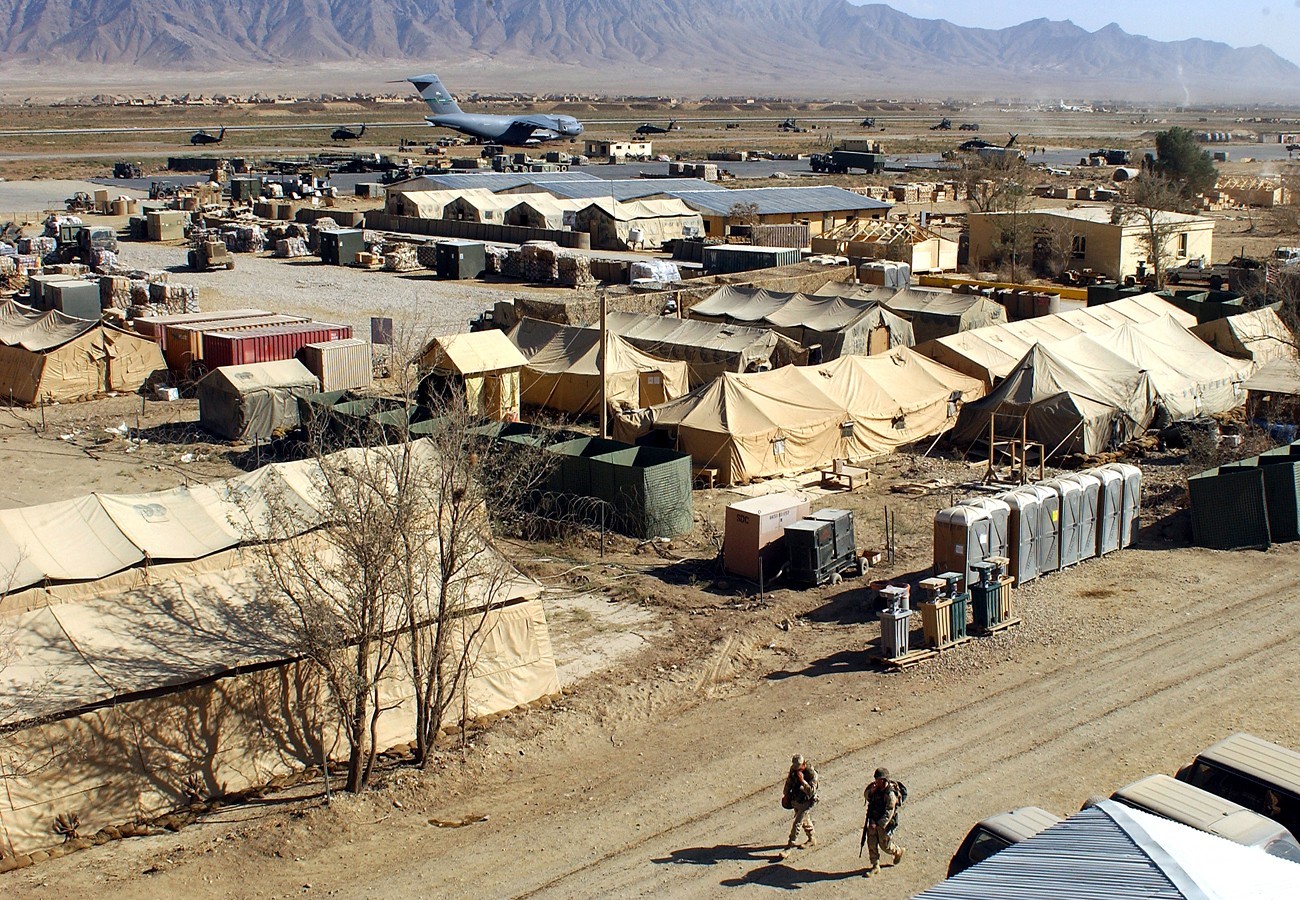Andrew McGregor
January 12, 2012
A recent statement issued by the Islamic Emirate of Afghanistan (Taliban) has criticized Afghan president Hamid Karzai for his dependence on a small number of warlords to maintain power and his subsequent inability to combat corruption or assert Afghanistan’s sovereignty. [1]
[Karzai] speaks of national sovereignty and of the welfare of people but practically, we see that there are thousands of Afghan detainees who have been suffering in the Bagram Air Base and other American bases now for years, and without a trial. But this does not prick his conscience to feel the need of a national sovereignty!
On the same day as the Taliban statement was released, President Karzai announced the creation of an investigative commission to look in to the Bagram issue while issuing a demand that control of the U.S.-run prison be turned over to the Afghan government within 30 days (al-Jazeera, January 5). However, one Afghan daily suggested that national authorities are incapable at this time of taking control of Bagram Prison or similar facilities based on their record in recent years:
Mass escape of prisoners- most of them Taliban prisoners – from Kandahar prison, escape of a number of dangerous prisoners from Pol-e Charkhi prison, strikes and riots in different prisons of the country including in Pol-e Charkhi prison, increase of prisoner numbers in the country, lack of sufficient environment for keeping inmates, [lack of] legal professional capabilities of prison guards in Afghanistan, the overwhelming problems in regards to handling of prisoners cases, all these reveal the capabilities of the Afghan government in maintaining and controlling prisoners (Daily Afghanistan [Kabul], January 7).
Bagram is the largest U.S. run detention center in Afghanistan, with over 1,000 prisoners, though only a minority of these have been charged. Though both Karzai and the Taliban have identified U.S. control of the facility as a national sovereignty issue, there are fears that mass breakouts of Taliban prisoners might follow an exchange of control (Tolo TV [Kabul], January 9).
Karzai was also condemned in the Taliban statement for failing to prevent the night raids “conducted by the invaders, noting that even members of the administration and family members had been killed or harmed during night raids. Karzai actually began to demand an end to night-raids by NATO forces in December, 2011, but received a negative response from U.S. and NATO officials, who described the night-raids as an efficient, low casualty method of rounding up suspected militants (Khaama Press [Kabul], January 8; AP, December 19, 2011).
The Taliban used the statement to describe the Kabul government as one where corruption “is at its climax. It is apt to say that bribery and drug trafficking have become part and parcel of the daily life of the venal officials of the government. Obviously, this is the result of the Karzai mismanagement of governance…”
According to the Taliban, Karzai’s willingness to do the bidding of warlords and other corrupt individuals is preventing his administration from playing an independent or constructive role in providing a solution to the occupation of Afghanistan: “Though he has tried to deceive the people by pleasant and emotional assertions… the people have now come to know his anti-Islamic and anti-national intentions…” With increasing indications that the United States is now prepared to negotiate directly with the Taliban, it seems likely that Karzai’s demands are part of an effort to reassert his influence and prevent his exclusion from peace talks.
Note
- “Karzai’s Anti-National and Pro-Warlord Demeanor,” Islamic Emirate of Afghanistan, January 5, 2012.
This article first appeared in the January 12, 2012 issue of the Jamestown Foundation’s Terrorism Monitor.

